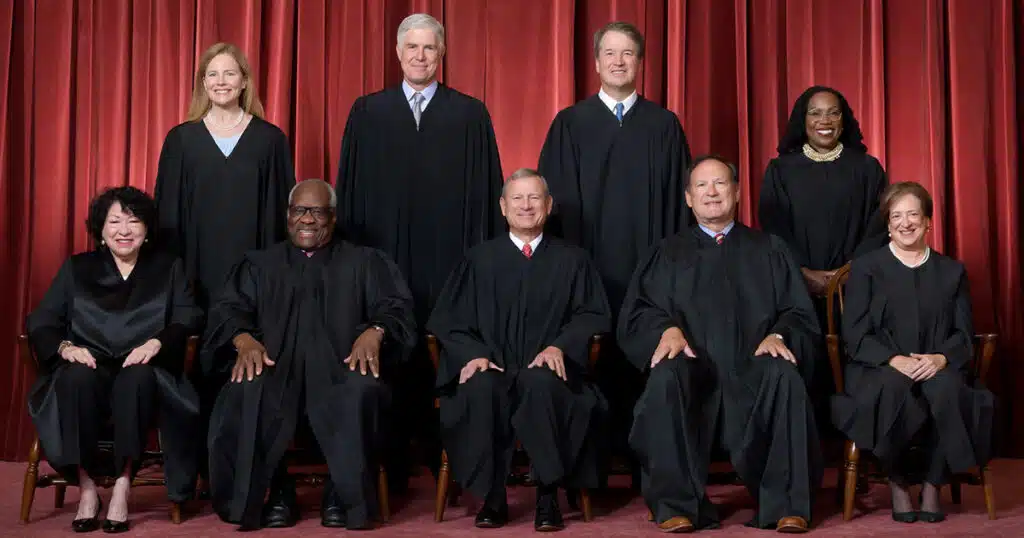
Drug-Addicted Homeless Get Free RV Homes in California’s Capitol City
California’s capitol city of Sacramento has rolled out the red carpet for those seeking new homes — as long as they’re addicted to drugs and living on the streets.
Sacramento’s Mayor Darrell Steinberg recently sent out an official email announcing 15 almost brand-new, RV quality travel trailers, previously dispatched to the California Exposition grounds for quarantine housing during the COVID-19 pandemic, are being repurposed to shelter approximately 45 homeless, drug-addicted transients.
The homes-on-wheels will be located in Miller Park, a former public space along the Sacramento River that last year was designated a makeshift safe shelter to serve about 80 transients.
According to the Sacramento Bee, the park, or “safe ground,” opened with identical tents, bathrooms, showers, drinking water, medical services, security services and help finding more permanent housing.
City Manager Howard Chan closed the site during severe rain and wind storms last month, due to flooding concerns, and then opted not to reopen it, explaining he wanted to divert shelter funding to affordable housing.
After considerable blowback from the community, not to mention city council, Chan ultimately decided to open the location again with the trailers instead of tents.
The 15 trailers, all temperature-controlled, each contain three beds, serving the expected 45-person population. They’ve sat unused at a city storage lot since 2021. Depending on the success of the program’s initial phase, the city holds additional trailers and tiny home units that could also be used.
Mayor Steinberg’s emailed message reads:”The former Miller Park safe camping ground for people experiencing homelessness will resume operations later this month using 15 large travel trailers previously deployed at Cal Expo for quarantine housing during the pandemic.Sacramento County will continue to provide mental-health assessments and referrals at the Miller Park site, which will be run by First Step Communities under its existing contract with the City.”
According to a report by the California Globe, the “people experiencing homelessness” in Sacramento aren’t actually very accepting of “mental-health assessments and referrals” and are, instead, allowed to continue loitering throughout the city — in residential neighborhoods, parks, on sidewalks near businesses, breaking into homes and garages; they steal from local businesses and defecate and urinate in public.
Numerous Sacramento residents have voiced their deep concerns homeless advocates seek to make the state of homelessness a “new normal” that residents need to simply accept.
Critics say that for the millions upon millions of dollars Sacramento has spent on the city’s and Sacramento County’a homeless, drug-addicted transients, generally with few appreciable results, every man and woman living on the streets could have been placed in residential treatment and well on their way to recovery, or at least more treatment.
One year ago, Mayor Steinberg announced the city was awarded a $23.9 million state Homekey grant to convert a downtown Best Western hotel into a 92-unit housing complex for homeless vagrants, the Globe reported. Each unit offered individual bedrooms, bathrooms and kitchenettes.
The Globe noted back then the $23.9 million was about four times the annual budget of other effective local programs proved to be much more successful in helping men and women turn their lives around and lift themselves out of homelessness.



